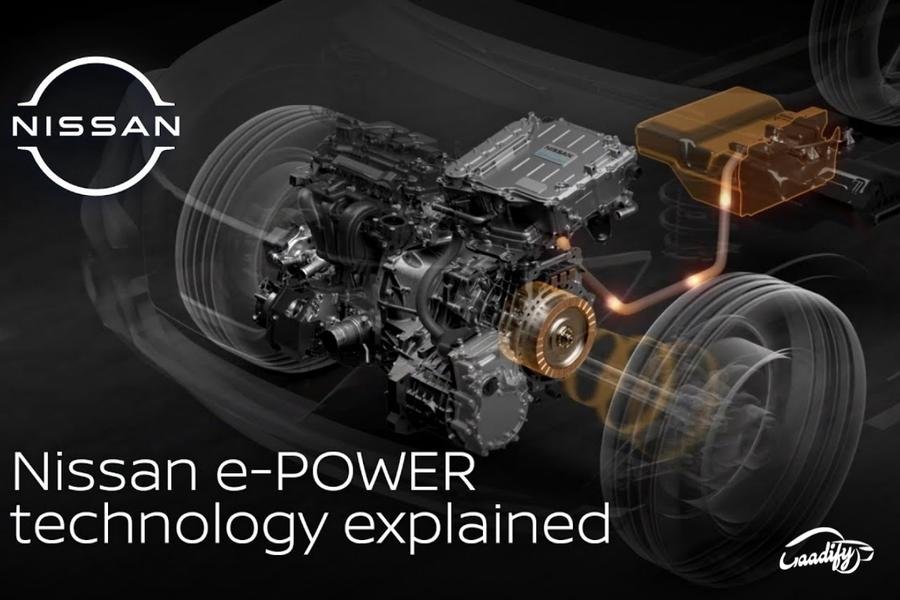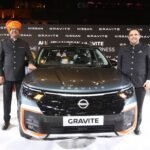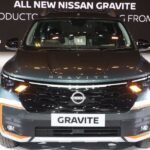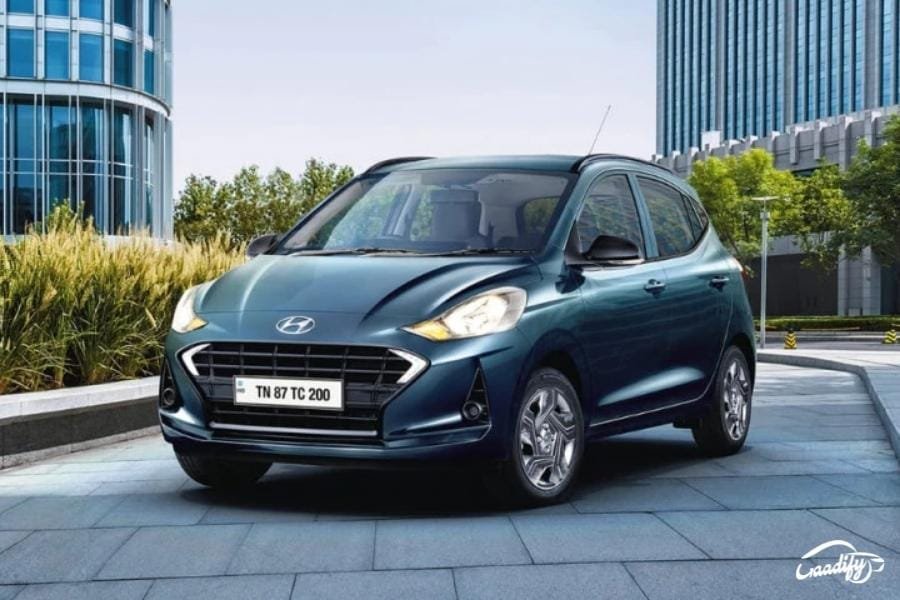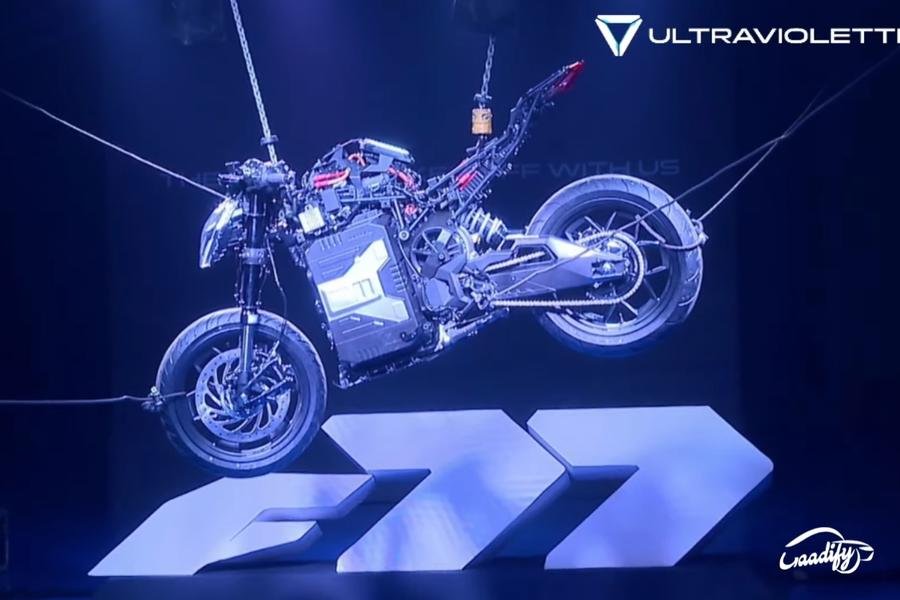In the race for greener mobility, several new hybrid and electric cars have been introduced recently. And Nissan has become the latest carmaker to make a move in this direction. The brand has recently unveiled three new hybrid SUVs in India, powered by a self-charging strong-hybrid powertrain called “e-POWER” technology.
Nissan e-POWER Technology – How Does It Work?
The Nissan e-POWER technology is a 100% electric motor-driven system. That said, the electric motor solely drives the vehicle’s wheels, providing a smooth and quiet EV-like drive experience at all times. The energy produced by the petrol engine is supplied to the onboard high-output lithium-ion battery, which recharges it when needed. The engine can also directly power the electric motor when needed. An inverter manages electrical energy between a battery and an electric motor by converting DC and AC power precisely.
Also Read: Toyota Hyryder vs Honda City e:HEV: Battle of Strong Hybrids

This drive system runs the car most of the time in electric mode. However, in the case of quick acceleration or uphill driving when more power is required, both the battery & engine supply energy to the electric motor. However, to reduce the frequency of engine operation, this system maximizes the state of charge in the battery. It also monitors the wheels to evaluate road roughness and activates the engine to charge the battery without disrupting the cabin. When road noise is minimal, the engine operates less frequently to offer a noise-free driving experience.
It also benefits from multi-level brake regeneration technology. So, when the vehicle decelerates it starts converting the kinetic energy into electric energy and stores it in the battery. By adjusting the levels of regen braking, one can also enable a single-pedal operation called the ”e-Pedal Step”. It eliminates the need to switch between brake & accelerator pedals and allows acceleration & deceleration using only the accelerator pedal. The strength of deceleration depends on the vehicle’s speed. It is stronger under lower speeds and more gradual under high speeds.
Also Read: Honda City e:HEV Vs Tata Nexon EV MAX – Which makes more sense?
Benefits of Nissan’s e-POWER Technology
- One can enjoy the EV-like driving experience at all times without worrying about battery charge status.
- Provides high fuel efficiency when compared to the conventional ICE engine.
- Lower running cost.
Also Read: Honda City’s New eHEV Powertrain Explained


